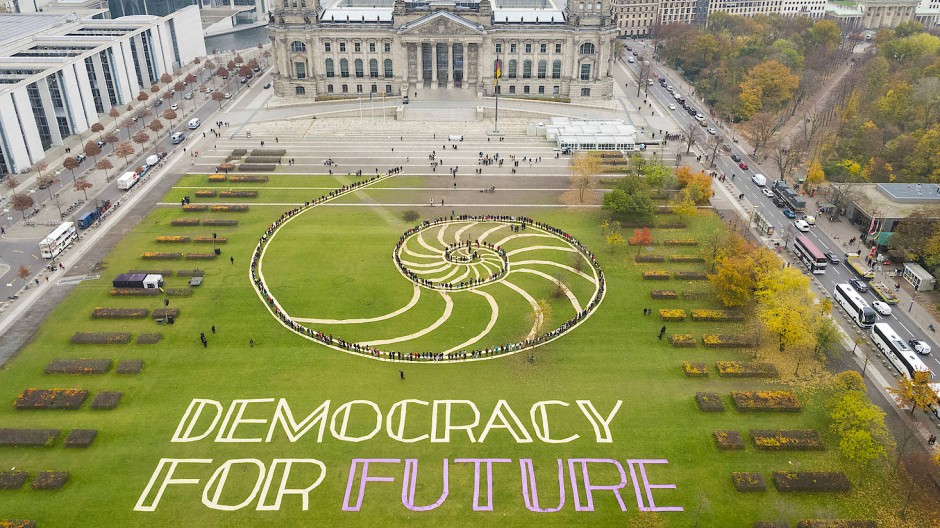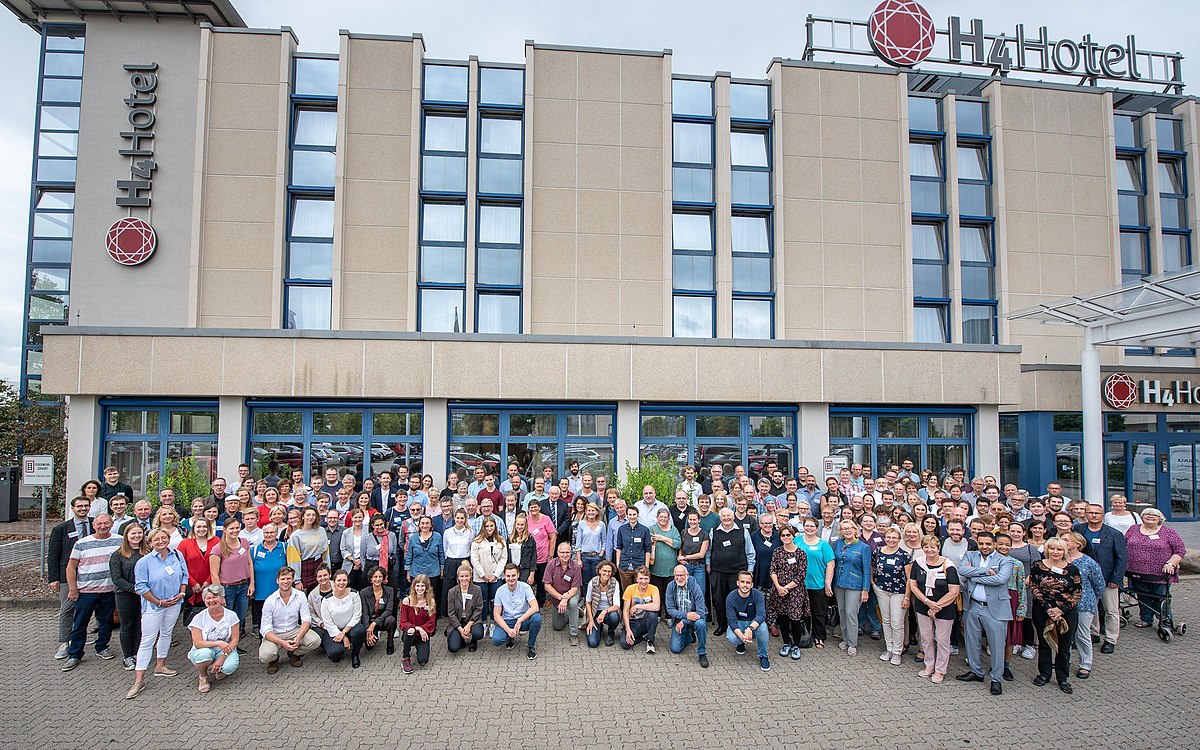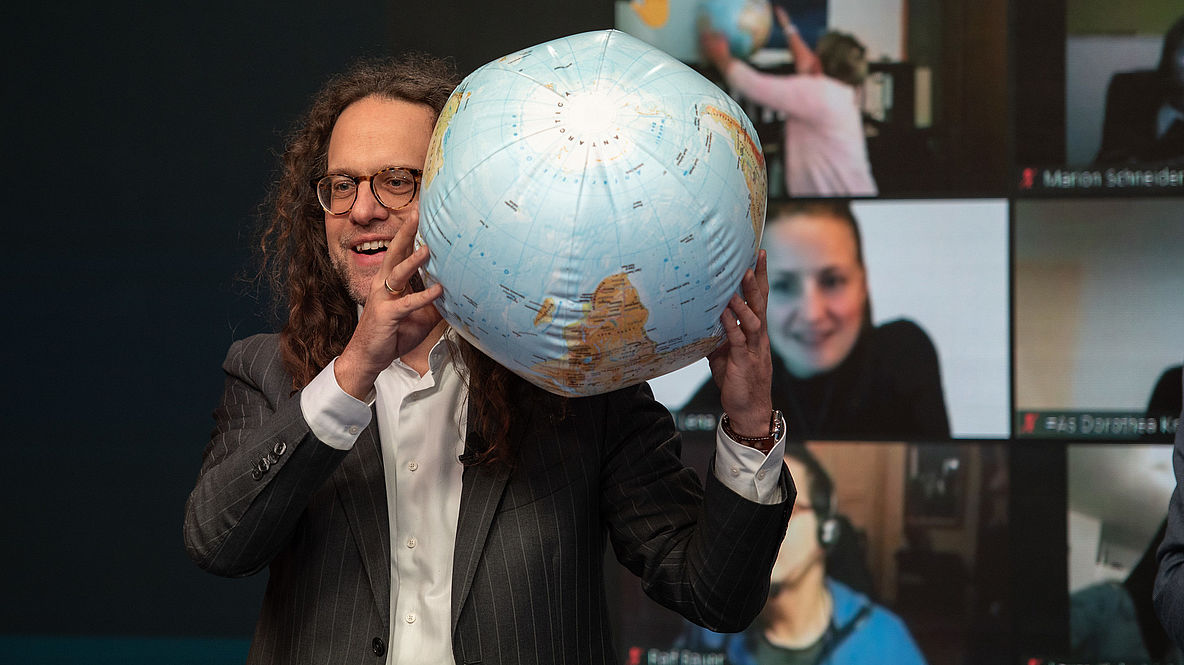“I am a climate sinner, I truly have to confess that,” says Adnan Arslan with a smile. The 32-year-old manufacturing supervisor from the western town of Velbert close to Düsseldorf regularly drives to the grocery store and to work, although it’s just three.5 kilometers away. But that would soon change.
Arslan is part of the “Bürgerrat Klima” or Citizens’ Assembly, an experiment in participatory democracy
The meeting is at present hashing out suggestions for the federal government on how Germany might obtain its personal climate goals and still be climate-neutral by 2050. Since the campaign kicked off in April, Arslan — a self-confessed automobile fanatic — says his perspective in the path of climate change has undergone a “a hundred and eighty degree flip.” “I also talked to my wife,” he told DW. “Now I’m pondering, ‘okay, could you employ a bike, perhaps an e-bike?’

You begin to think [about things like that]. It’s completely different.” Climate democracy or “subscription lure”? Adnan Arslan is one of one hundred sixty members of the residents’ meeting. They have been all chosen through a lottery system based on demographic data such as age, schooling level and their federal state or migration background. The idea was to symbolize a cross-section of Germany. From postal employees to pensioners, meat-eaters to vegetarians, prepare lovers to BMW drivers, Arslan says the dialogue teams embrace folks from “across society.” Political beliefs performed no function within the selection course of, and Arslan himself wasn’t thinking about local weather points earlier than getting involved. Initially, he thought the decision inviting him to participate was a scam. “Honestly, at first I thought it was a subscription trap or something,” he stated. “I was among the a hundred and sixty they randomly chose from eighty million people? I did not imagine it.” But he shortly realized there was more to it and that politics have been concerned. “I thought that was cool and then I really wanted to take part.”

“What do I have to contribute?” Ulrike Böhm, a 46-year-old product photographer from Bavaria, was additionally skeptical when she received her invitation to the council. “Somehow I discovered the idea of one hundred sixty people discussing a recommendations catalogue for the government really horrible,” she advised DW. “Because, I thought, what do I actually have to contribute?” During her school days, Böhm helped to organize a leaflet marketing campaign and a sit-in for vegetarian meals in the faculty canteen.
Today she describes herself as somebody
who “swarms with the lots”, though she tries to not be “a whole pig” when it comes to consumption. “I see citizen participation as a very big issue,” she stated. “Because our society usually works alongside the lines of ‘those in energy do what they need anyway’. This is unquestionably a fantastic alternative to get individuals extra involved.” Both Böhm and Ardan Arslan at the moment are deeply concerned in the residents’ council discussions. Juggling many alternative interests By the end of June, the participants could have come collectively for 12 video calls to discuss energy, transport, climate and building issues, in addition to the production and consumption of food.

The perspectives within the meeting on the core query of how local weather protection could be managed in a socially, ecologically and economically compatible means are just as diverse as the matters themselves. “One particular person takes the prepare to work and says practice tickets are getting more expensive, even though politicians need him to make use of public transport,” stated Arslan. “And one other says they like driving their 200hp BMW and do not need to do without it. I’m shocked how individuals actually think about all this.” The residents’ assembly is supported by experts who give lectures, provide relevant data and are available to answer questions. “There is so much enter,” Böhm said. “My background knowledge has multiplied in the earlier few weeks.” Exactly what the group’s recommendations to the federal government will seem like stays utterly open. But they may embody implementing a higher carbon tax, increasing subsidies for e-cars or photo voltaic energy, or incentivizing much less meat consumption and extra sustainable agriculture practices. For Böhm, it’s already clear that there are numerous completely different pursuits among the participants. “Of course all of them have their justifications to a certain extent,” she stated. Now, the most exciting — and tough — challenge for them will be to discover a answer that everybody can live with. “This is exclusive in our family” Arslan has additionally begun speaking to some members of the assembly about more personal matters. To be thrown into a bunch of strangers in the course of the coronavirus pandemic and change concepts is thrilling for him. The son of Turkish mother and father, he is proud to be a half of the nationwide experiment. “We lived in a tower block,” he stated. “All my neighbors had been of Arab or Turkish descent. We did not have many German associates as a outcome of there weren’t many around. I by no means have thought I’d get to take part in one thing like this. We weren’t allowed to vote. So to be part of this nows actually unique in my household.”

The suggestions of the citzens’ meeting will be finalized on the end of June and handed over to the federal government in September earlier than the final election. The individuals have excessive expectations. “I’m not anticipating my suggestions to be adopted one-to-one,” Böhme stated. “But I assume a democratic society should work on the basis that voices or needs of society are heard and incorporated accordingly.” Regardless of any main political selections made down the line, the many lectures from local weather consultants and discussions inside the group have had an influence on Arslan’s views when it comes to climate protection. “What has impressed me most is how much you presumably can contribute if you immerse your self in the matter,” he stated. “Even just by drawing attention to certain issues amongst your folks — even really small things — you’ll be able to actually make things happen.”

